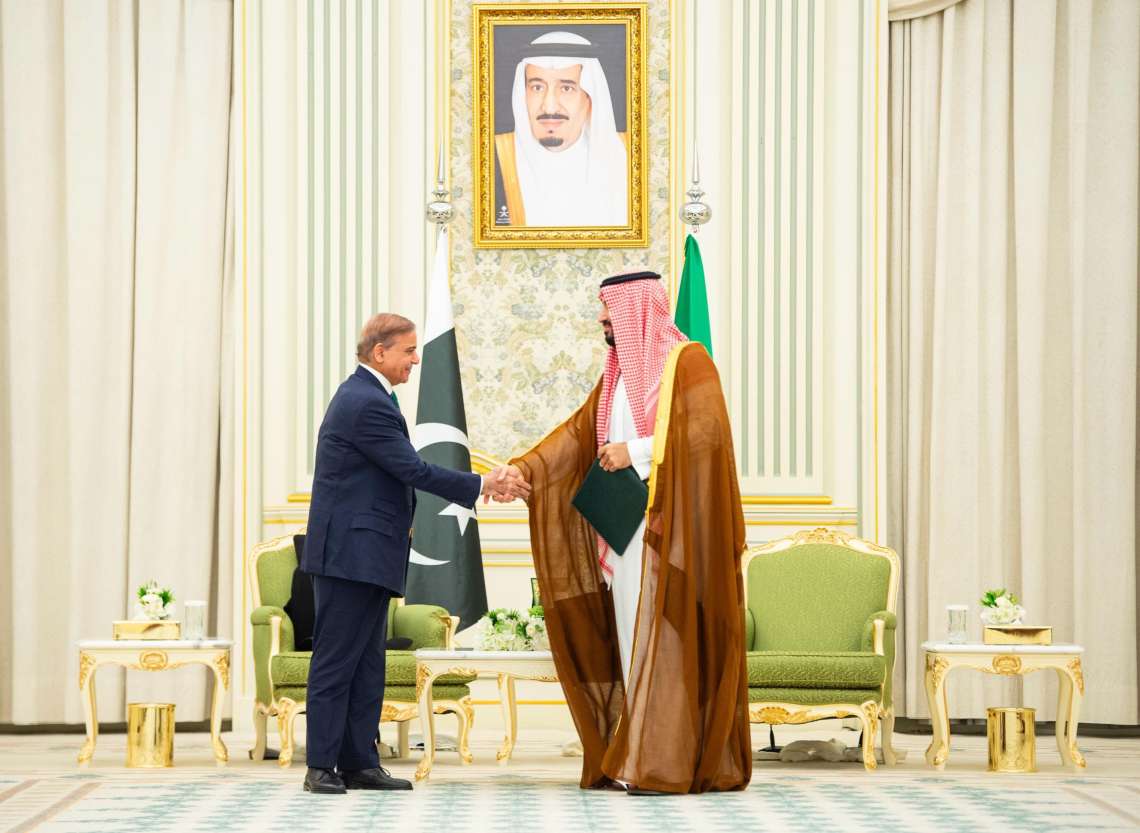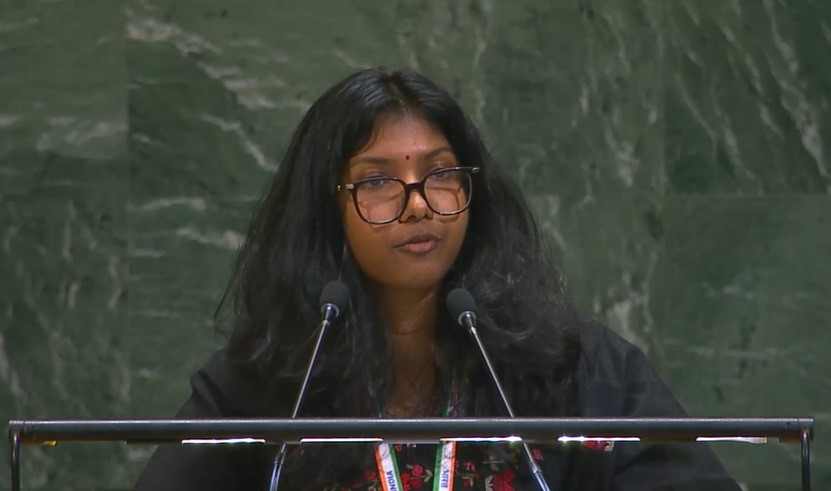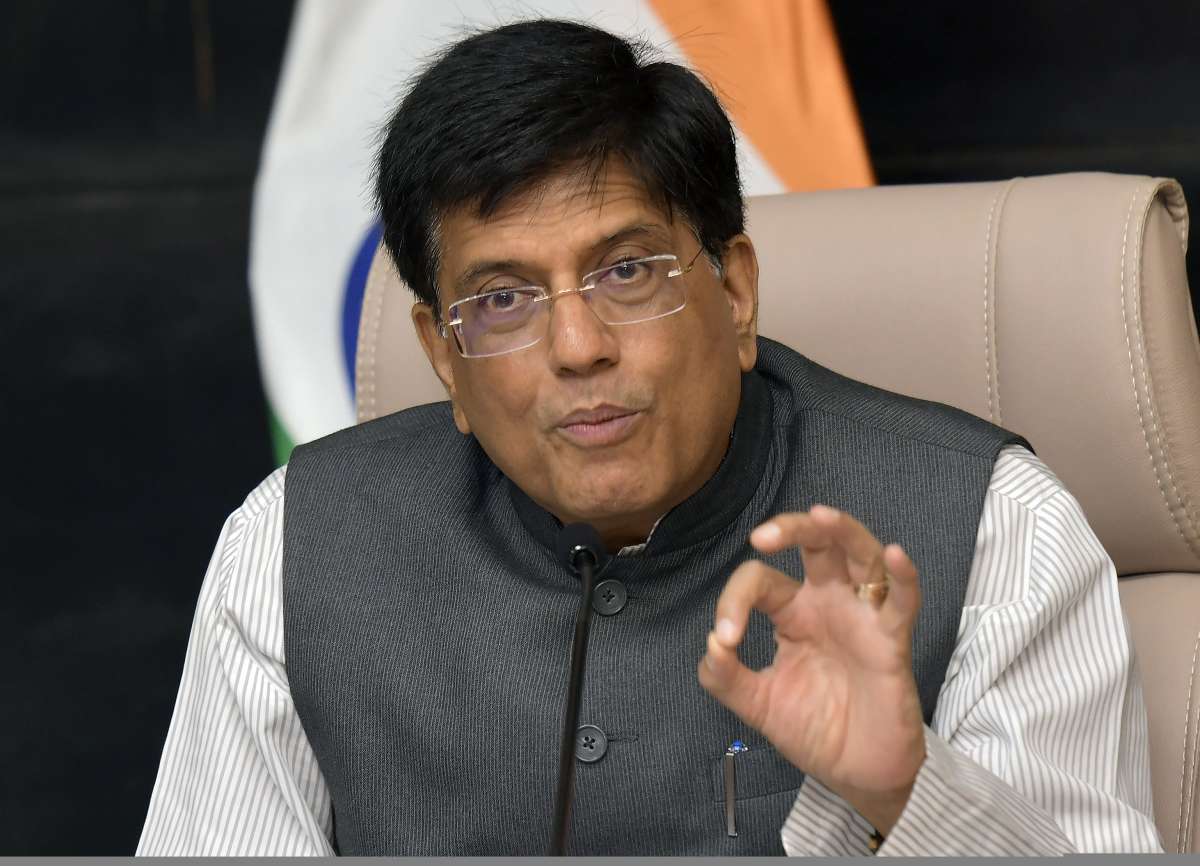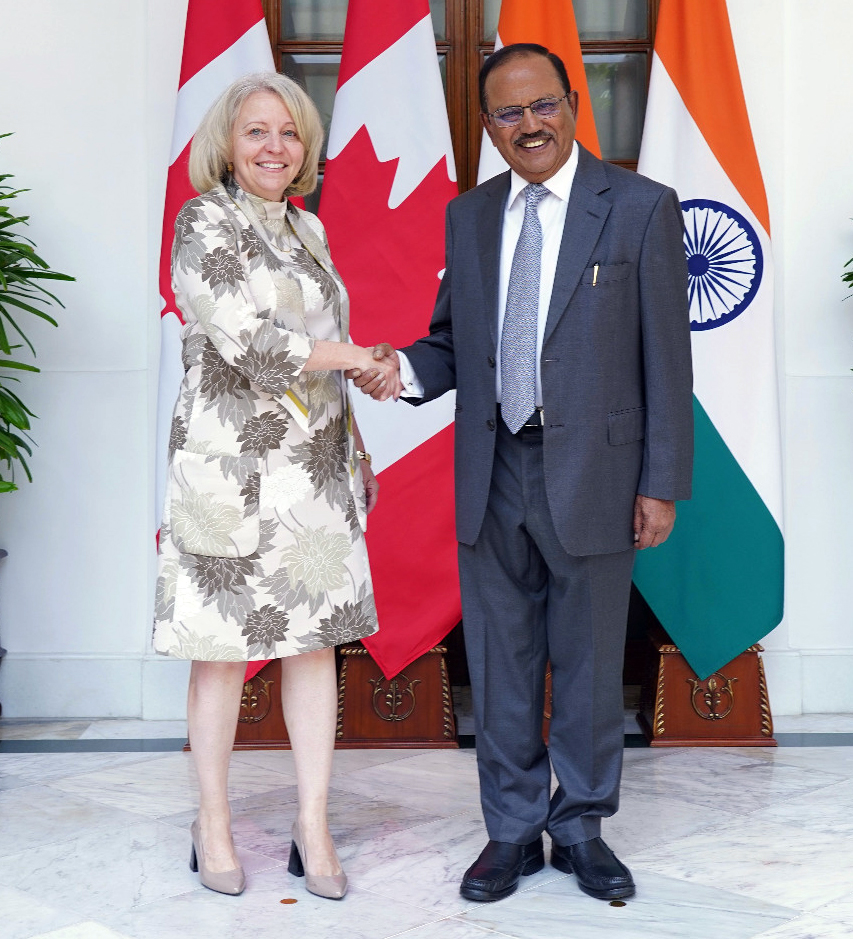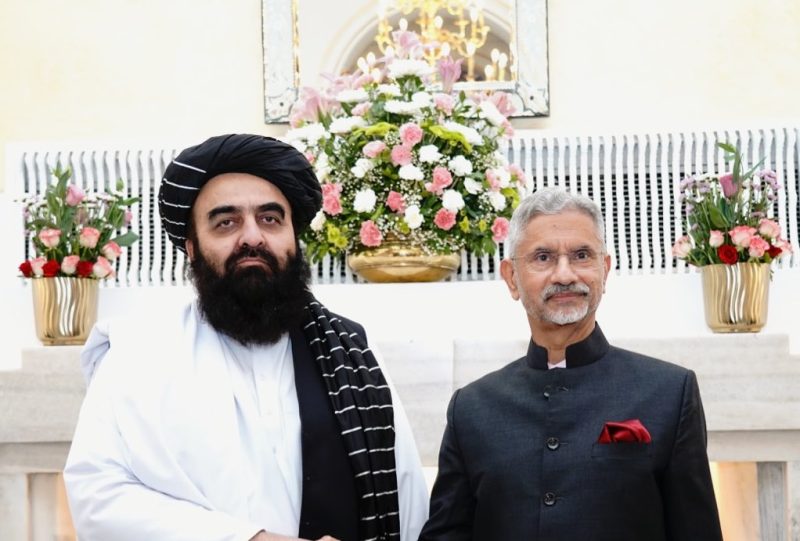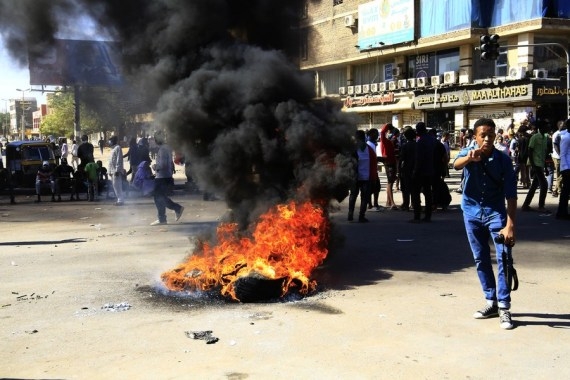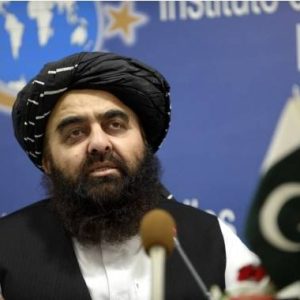Saudi Arabia and Pakistan strengthen defence ties as shifting regional dynamics push both nations to seek new security alignments
Saudi Arabia and Pakistan have deepened their long-standing military partnership by agreeing to a new defence pact, signalling closer cooperation between two Sunni-majority nations at a time of rising uncertainty in the Middle East and South Asia.
The deal, signed in Riyadh during Prime Minister Shehbaz Sharif’s visit alongside Pakistan’s army chief General Asim Munir, highlights how both nations are seeking to hedge their bets amid a changing geopolitical landscape. Saudi Arabia, long reliant on American weapons and security guarantees, is exploring options beyond Washington. For Pakistan, the pact provides an opportunity to reinforce its regional relevance while continuing to rely on Gulf allies for crucial financial and political backing.
The relationship between the two countries is rooted in decades of cooperation, much of it forged in moments of crisis. In May 1998, just days after Pakistan carried out nuclear tests in response to India’s programme, Saudi Arabia stepped in with lifeline support. Riyadh supplied Islamabad with around 50,000 barrels of free oil per day, cushioning the blow of international sanctions.
This solidarity came on the heels of earlier military cooperation. Since the 1960s, Pakistani officers have served in Saudi forces, and the kingdom has provided vital financial assistance. During the Cold War, Saudi Arabia’s intelligence ties with Pakistan were central to supporting the Afghan mujahideen against Soviet forces.
While speculation has long swirled over whether Pakistan’s nuclear capability — dubbed by some as the “Islamic bomb” — might be extended as a deterrent to safeguard Saudi Arabia, both countries have consistently denied such claims. Still, analysts argue that nuclear undertones have always shadowed their security ties.
The timing of the defence agreement reflects the turbulence in the broader region. Israel’s recent strikes on Palestinian militants in Qatar, a close ally of Washington, unsettled Gulf leaders, raising questions about the reliability of US guarantees. At the same time, Iran’s regional posture remains unpredictable, while war in Gaza has inflamed Arab public opinion.
For Saudi Arabia, the pact with Pakistan is both a signal of intent and a strategic hedge. “Both countries have significant incentives to be diversifying right now, not because of the behaviour of the United States, but because of the broader forces transforming the region,” said Joshua White, a fellow at the Brookings Institution.
From Islamabad’s perspective, aligning more formally with Riyadh ensures continued Gulf financial support while bolstering its international stature. Pakistan’s economy remains fragile, heavily dependent on remittances, aid, and credit from Gulf partners.
The deal comes just months after fresh clashes between Pakistan and India. Observers caution that deepening military ties between Riyadh and Islamabad could provoke anxieties in New Delhi, especially if Saudi Arabia appears to tilt towards Pakistan in South Asian rivalries.
At the same time, the move risks complicating Saudi Arabia’s own efforts to balance relations with Israel, particularly as the kingdom explores potential normalisation deals under US mediation. Some analysts warn that closer defence coordination with Pakistan — a country without formal ties to Israel — could be seen as a step backwards.
“If this draws India and Israel closer, it might end up as a strategic blunder,” one regional expert noted.
Although the precise details of the pact remain unclear, both sides are expected to increase military training, intelligence sharing, and defence technology cooperation. The agreement may also include joint exercises and a framework for rapid support during crises.
For now, the pact underscores how Riyadh and Islamabad, bound by decades of mutual reliance, are recalibrating their alliance in light of shifting power dynamics. Whether it evolves into a transformative security partnership or remains largely symbolic will depend on how both countries balance their relationships with Washington, New Delhi, and Tel Aviv.


